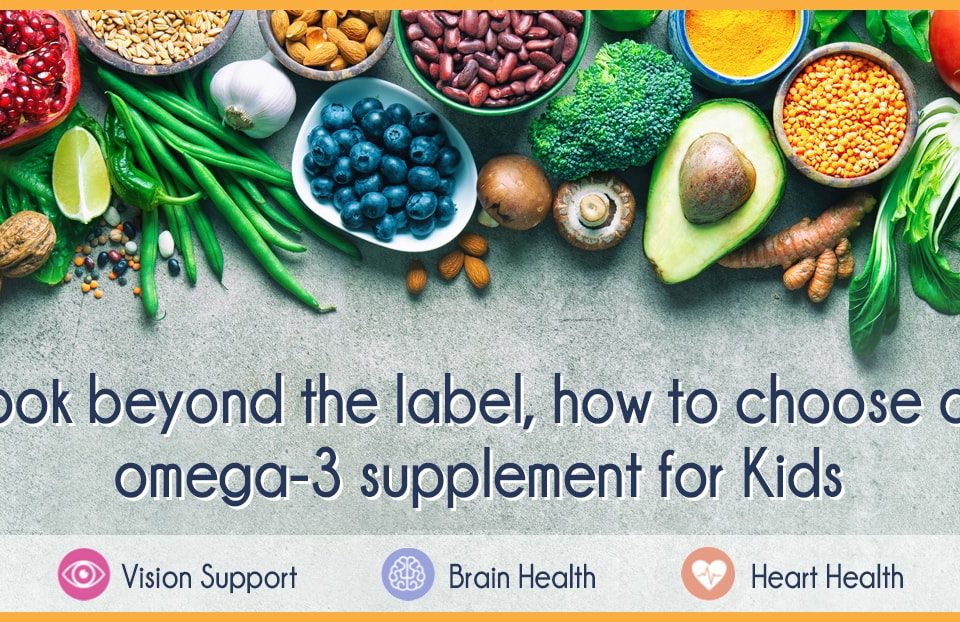Is The Keto Diet For Kids Safe?

What Causes SIDS in Children?
January 4, 2020
Choosing the best Omega-3 Supplement for Kids
May 8, 2020The keto diet is all the rage among adults. You probably even know someone who successfully lost a lot of weight by “going keto.”
Cutting carbs is a traditional way to shed extra fat. Why? Although they are an essential nutrient, most of us eat way too many carbs or at least more than we need for our typical exercise levels.
But is keto for kids? How far is too far when cutting carbs for pre-adolescent children? Here’s what you need to know.
Is Keto for Kids? Probably Not
The defining feature of the keto diet is that it’s a high fat, moderate protein, low carb diet. While on the keto diet, you can eat a maximum of 20-30 grams of carbs each day.
By limiting your carbs, your body enters ketosis, a metabolic state of intense fat burning.
The problem with limiting carbs in kids is that adults need to get 45-65% of their daily calories from these energy-rich nutrients – and children need more. Children need 130 grams of carbs every day to play, grow, and generally function. Therefore the keto diet for kids is probably not the best and or safest idea.
Additionally, by cutting carbs, you are also cutting out major food groups that provide essential micronutrients that are not only essential for pediatric development but also prevent chronic disease. Kids are in need of these nutrients during as they are developing which is why we would strictly say to avoid the keto diet for kids. Kids on keto diets are more than likely not getting their daily nutrients leaving them with nutrient deficiency.
By this premise alone, the traditional keto diet – the one used by adults – doesn’t cater to kids because it lacks the necessary nutrients for growth and development. So if you’re wondering is keto for kids, the straightforward answer is no.
The Keto Diet For Kids is Too Restrictive
Is keto safe for kids? As we’ve mentioned, no. Another big issue with keto for kids is that it teaches a restriction mindset at a young age.
Pediatricians teach families and kids to stick to the five-a-day rule (two fruits, three veggies). Keto eliminates this healthy habit because it cuts out all fruit as well as the fiber found in high-carb vegetables.
Although diet culture is everywhere, encouraging kids to go on keto – which can be restrictive – introduces children to it directly. There are keto meals for kids, but that involves taking out important fruits and fiber that is necessary.

Plus, keto is difficult to follow for kids. They can eat keto meals with you at breakfast and dinner, and you can pack them lunches. But how do you control what they eat with other family members, at birthday parties, or by themselves? If you put kids on keto, it will be hard to truly monitor every occasion.
Following the plan rigorously either sets them up for failure or leaves them feeling deprived and isolated from their peers. What’s more, there’s limited research on its effectiveness and it deprives them of nutrients. Keto meals for kids are not safe and or recommended.
Choosing strict keto for kids can be a lose-lose situation for everyone involved therefore you should not put kids on keto.
Should Kids Do The Keto Diet? If Not, What Next?
Most kids can benefit from reducing their carbs because like adults, most eat more carbs than they need.
However, there’s a difference between carb reduction and “no carb” diets like the keto diet. Putting kids on keto means completely restricting them from carbohydrates which is unhealthy.
If you’re worried about your child’s weight, diet, or development, speak to a pediatrician to learn more about how to provide your children with the food they need to grow up happy and healthy.



Don’t feed them candy for breakfast, but don’t focus on the number on the scale either. Help them find healthy hobbies that will keep them fit naturally. Be honest and explain to your child that it’s most important to eat the right foods to support healthy growth and maintain energy throughout the day.
But most importantly, let kids be kids.
Are you worried about helping your kids get all the nutrients they need to grow up healthy? Check out our post on supplements for kids!





